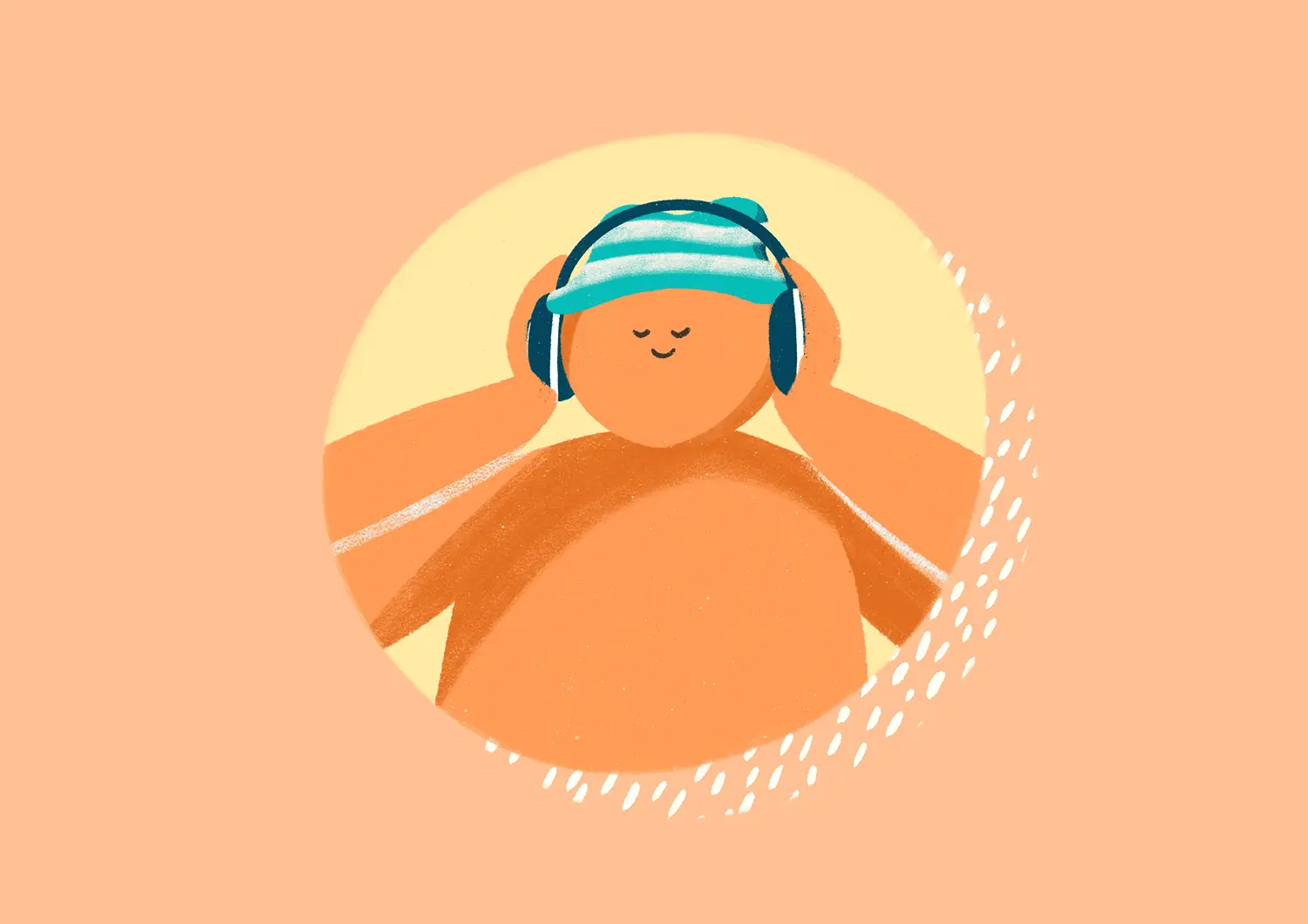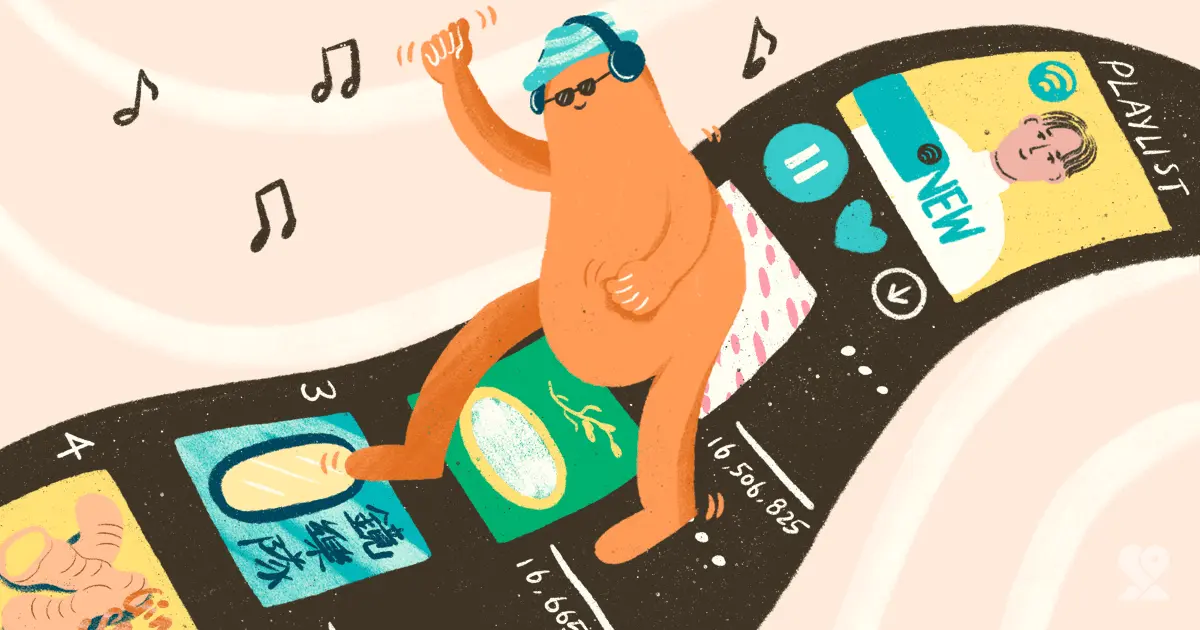Did you know that within a mere 0.1 second, our minds have the remarkable ability to identify a familiar song?
How does a song find its way into the depths of our minds? And at times, it carries us on a nostalgic journey, as if we've traveled through time, reliving moments and emotions once felt. What enchanting bond exists between music and memories?

Memories, elusive and beyond our grasp, reside within the realm of our consciousness and subconsciousness. Memories come in various forms, with long-term memory being divided into explicit memory and implicit memory.
Explicit memory is a conscious form of memory that encompasses both semantic memory and episodic memory. The former involves knowledge and information, while the latter represents personal experiences. For instance, knowing that "West Kowloon Cultural District is adjacent to Kowloon Station" is a semantic memory, while recalling the experience of "watching stars at the West Kowloon Cultural District last summer" falls under episodic memory. On the other hand, implicit memory is an instinctive, non-deliberate recollection hidden within our consciousness. It pertains to skills like buttoning a shirt or brushing teeth, which are less prone to fading away with the passage of time.
So, what is the relationship between music and explicit and implicit memory? Firstly, the rhythm and cadence of a song can provide cues that trigger explicit memories. The structure, melody, and imagery depicted in a song also help us remember it in our conscious minds, strengthening our implicit memory.
Music, in essence, is the enchanting magic that can evoke memories.
Scholars from the University of California, Los Angeles (UCLA) have discovered that the emotions associated with listening to music, whether joyful or sorrowful, also contribute to the formation of long-lasting and distinct memories. As our brains continually engage in the processes of memory integration and segmentation, emotions act as compartmentalised boxes, making it easier for memories to be retrieved from the database.

Interestingly, research suggests that we tend to have more profound memories of songs we encountered during our younger years, typically between the ages of 10 and 30. Psychologists refer to this phenomenon as the "reminiscence bump". During this vibrant period, we undergo numerous novel experiences that shape our self-identity. These memories become deeply embedded in our brains, making it easier for us to recall and evoke the associated narratives and emotions.
For instance, Taylor Swift's "The Eras Tour" sparked a global frenzy, with many people associating her songs with a sense of personal growth. Each song takes us on a journey through time and space, allowing us to revisit different stages of ourselves. Whenever I hear her song "Safe and Sound," it takes me back to my early days in college, sitting in a cafe on a winter afternoon, observing the serene world outside the window. I feel the warmth indoors and embrace the anticipation and patience for life's unfolding joys.
Similarly, when people listen to "The Shape of Wind" by Yoyo Sham, it often evokes memories of their first adventures in a foreign land- memories resurface of carrying luggage, exploring unfamiliar territories, gazing at the vast expanse of sky and land, all while their hearts brimmed with curiosity and longing.
Is there a melody that unlocks the doors of memory, whisking you away to a time gone by, a person held dear, and a collage of delicate emotions?
Reference:
McClay, M., Sachs, M. E., & Clewett, D. (2023) Dynamic emotional states shape the episodic structure of memory. Nature Communications 14(1);1-16. https://doi.org/10.1038/s41467-023-42241-2
Jäncke L. (2008). Music, memory and emotion. Journal of Biology, 7(6), 21. https://doi.org/10.1186/jbiol82
Jakubowski, K., Eerola, T., Tillmann, B., Perrin, F., & Heine, L. (2020). A Cross-Sectional Study of Reminiscence Bumps for Music-Related Memories in Adulthood. Music & Science, 3, https://doi.org/10.1177/2059204320965058
Jenkins, T. (2014, October 21). Why does music evoke memories? BBC Culture. Retrieved from https://www.bbc.com/culture/article/20140417-why-does-music-evoke-memories

